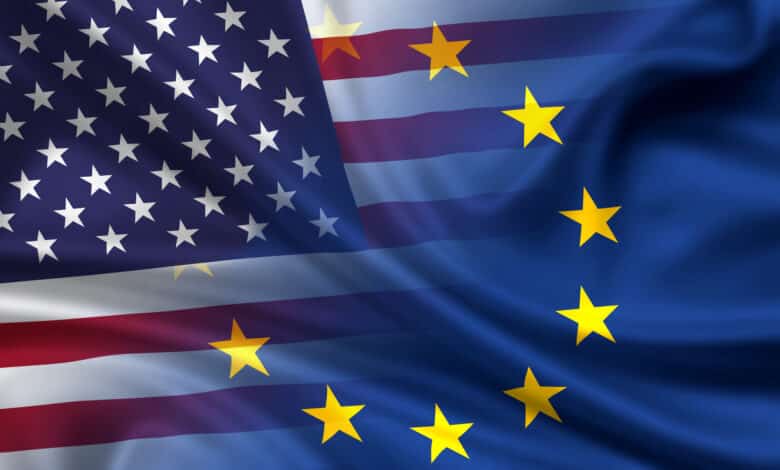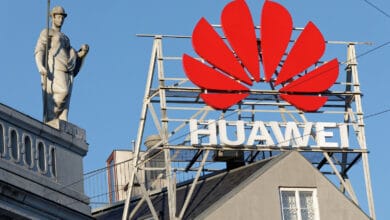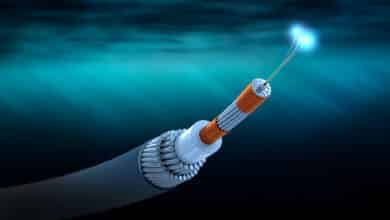
To prevent the shortage of semiconductors, both the EU and the USA have launched programs to expand their own semiconductor industries. Some experts were afraid that the two parties could outdo each other. But the worries seem to be unfounded. For example, both sides now emphasize that they will not stand in each other’s way, but will work together.
EU Chips Act and US Chips Act for more independence
Digitalization requires that the demand for semiconductors and other chip technology has increased immensely. These days, for example, it is no longer just smartphones, notebooks and televisions that require suitable chips. The automotive industry and even household appliances can no longer do without the technology. However, the West is still heavily dependent on Asia for the production of semiconductor technology. In particular, Taiwan plays a major role here. After all, the majority of semiconductors used worldwide are manufactured in the island nation. The disadvantages of this dependence have been made clear by the Corona crisis. Due to closed factories and broken supply chains, many companies could no longer request the essential chips. But there are also political concerns. Finally, with a looming Taiwan conflict, the global semiconductor supply could finally collapse.
Accordingly, both the EU and the USA have launched programs aimed at getting their own semiconductor production up and running. The EU Chips Act, for example, promotes the construction of a chip factory by Intel in Magdeburg. In the USA, too, the well-known manufacturer benefits from subsidies under the US Chips Act. Due to the high demand for semiconductor technology, however, this could also result in competition for suitable companies. However, the EU and also the USA do not want to be outmaneuvered by chip manufacturers. The US government and the EU Commission have now agreed on this. In order to prevent the problem in advance, they have agreed on the respective subsidy programs. By being transparent, they hope to avoid competition.
Semiconductor shortage has high priority
For its part, the EU Commission should be very reassured that the U.S. government has decided to take this step. After all, U.S. policy on electric cars is taking a different path. In order to give domestic car manufacturers preference over European ones, they want to pay out an e-car subsidy in this area exclusively for vehicles made by U.S. companies. This is likely to be a bitter blow for German manufacturers. The joint stance in the semiconductor sector is all the more pleasing. Here, the parties to the talks have not only agreed on a joint subsidy line. On top of that, they want to set up a kind of early warning system for supply chain problems in semiconductors.
EU plans export bans for semiconductor shortages
If the EU has its way, it would even like to consider export bans in the event of a semiconductor shortage. Whether there is agreement with the USA in this area, however, is as yet unknown. What is certain, however, is that both parties want to continue to rely on export controls. A major problem in coordinating the joint subsidy line is and remains China. Since the People’s Republic is currently having great problems getting hold of valuable semiconductor technology due to US sanctions, it will be prepared to pay immense sums to willing companies. Those who are willing to do so will then probably settle in China, which could again promote the development of modern semiconductor technology. Here, the USA and the EU will have to find a common path.




No replies yet
Neue Antworten laden...
Gehört zum Inventar
Beteilige dich an der Diskussion in der Basic Tutorials Community →